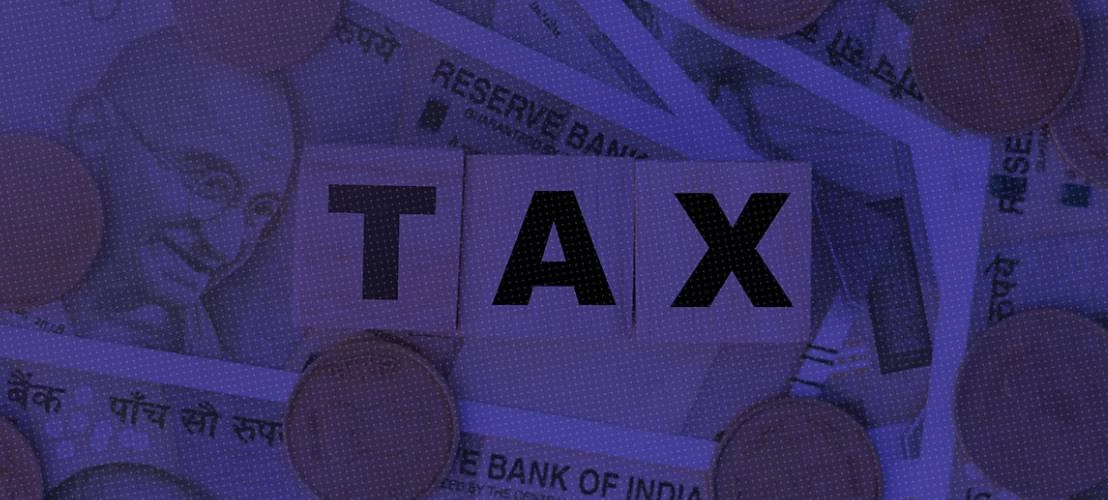The Supreme Court in its judgment dated 19 May 2022 has held that the Indian importer cannot be subject to the levy of Integrated Goods and Services Tax (‘IGST’), on reverse charge basis, on the component of ocean freight paid by the foreign seller to a foreign shipping line, in a case of CIF imports, i.e. where the cost, insurance and freight were initially borne by the foreign exporter.
Further, the Apex Court in the case of Union of India v. Mohit Minerals also held that the GST Council recommendations are not binding on the Union and the States and that they are meant to serve only as guiding principles.
No separate IGST on ocean freight in CIF imports
Observing that the supply of service of transportation by the foreign shipper formed a part of the bundle of supplies between the foreign exporter and the Indian importer, on which the IGST is payable under Section 5(1) of the IGST Act, the Apex Court held that to levy IGST on the supply of the service component of the transaction would contradict the principle of ‘composite supply’ enshrined in Section 8 of the CGST Act and be in violation of the scheme of the GST legislation.
The stand of the Revenue that the two legs of the transaction (one of import of goods between the exporter and Indian importer and other of contract of transportation between the foreign exporter and the foreign shipping line) were separate standalone agreements, and hence could be taxed separately, was hence rejected.
The Supreme Court was of the opinion that both the Notifications Nos. 8/2017-IT (R) and 10/2017-IT (R), which were challenged as ultra vires the IGST Act, were validly issued under Sections 5(3) and 5(4) of the IGST Act, but, would be in violation of Section 8 of the CGST Act and the overall scheme of the GST legislation.
The Apex Court was in agreement with the High Court to the extent that a tax on the supply of a service, which was already included by the legislation as a tax on the composite supply of goods, cannot be allowed.
Recommendations of the GST Council are not binding
The Supreme Court was of the view that if the GST Council were intended to be a constitutional body whose recommendations transform into legislation without any intervening act, there would have been an express provision in Article 246A.
It noted that Article 279A does not mandate tabling the recommendations in the legislature and that the use of the phrase ‘recommendations to the Union or States’ indicated that the GST Council is a recommendatory body aiding the Government in enacting legislation on GST.
The Court also noted that the deletion of Article 279B and the inclusion of Article 279(1) by the Constitution Amendment Act, 2016 indicated that the Parliament intended for the recommendations of the GST Council to only have a persuasive value.
Accordingly, it was of the view that the Government while exercising its rule-making power under the provisions of the CGST Act and IGST Act is bound by the recommendations of the GST Council. However, that does not mean that all the recommendations of the GST Council made by virtue of the power of Article 279A (4) are binding on the legislature’s power to enact primary legislation. It noted that provisions of the IGST Act and CGST Act which provide that the Union Government is to act on the recommendations of the GST Council must be interpreted with reference to the purpose of the enactment, which is to create a uniform taxation system.







